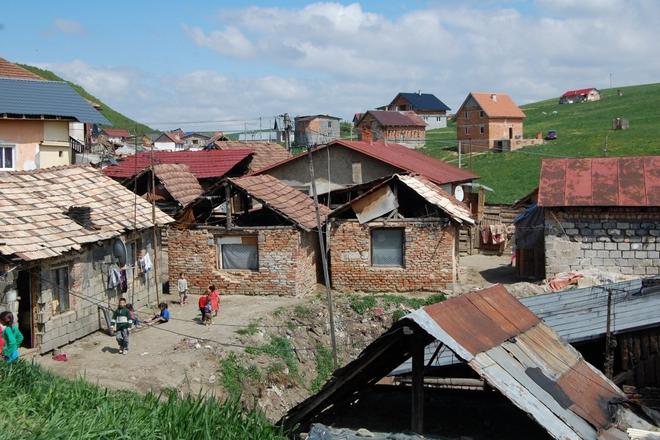Persisting widespread discrimination, intolerance and hatred across the European Union threatens to marginalise and alienate many minority group members who otherwise feel largely attached to the country they live in and trust its institutions.
This stems from a major repeat survey carried out by the European Union Agency for Fundamental Rights (FRA) on 25,500 people with an immigrant or ethnic minority background in all of the EU member states.
The first survey was carried out in 2008. At the time, the FRA warned about the presence of large-scale ethnic discrimination and hatred, said its director Michael O’Flaherty.
“Today, these new results show that our laws and policies are inadequately protecting the people they are meant to serve,” O’Flaherty added, as quoted in the press release. “With every act of discrimination and hate, we erode social cohesion and create inequalities that blight generations, fuelling the alienation that may ultimately have devastating consequences.”
In Slovakia, the survey was carried out by the Centre for the Research of Ethnicity and Culture (CVEK) non-governmental think tank.
Key findings
The main results of the Second European Union Minorities and Discrimination Survey (EU-MIDIS II) point to the need for specific and stronger measures to provide legal protection against discrimination coupled with effective sanctions.
In addition, since 88 percent of ethnic discrimination, 90 percent of hate-motivated harassment and 72 percent of hate-motivated violence were not reported, much stronger outreach is needed to encourage victims to come forward and report incidents, while law enforcement and equality bodies need the right tools to deal with these reports effectively, the survey suggests.
The survey also revealed that 38 percent of respondents have been discriminated against over the last five years, with North Africans (45 percent), Roma (41 percent) and Sub-Saharan Africans (39 percent) particularly affected. Discrimination was greatest when it came to looking for work (29 percent).
Moreover, 31 percent of second-generation immigrant respondents experienced hate-motivated harassment in the last year. As many as 50 percent of these victims were harassed at least six times in that year.
Fewer minority members (61 percent) completed at least upper secondary education compared to the general population (74 percent). This reduces their employment chances. The results also indicate a higher level of trust in public institutions than the general population with a majority feeling strongly attached to the country they live in. They are also largely open towards other ethnic groups, according to the survey.
However, the impact of discrimination, harassment and violence is also clearly shown. Those who have been victims trust public institutions less and feel less attached to the country they live in.



 Roma settlement in Markušovce (source: Ingrid Ďurinová)
Roma settlement in Markušovce (source: Ingrid Ďurinová)